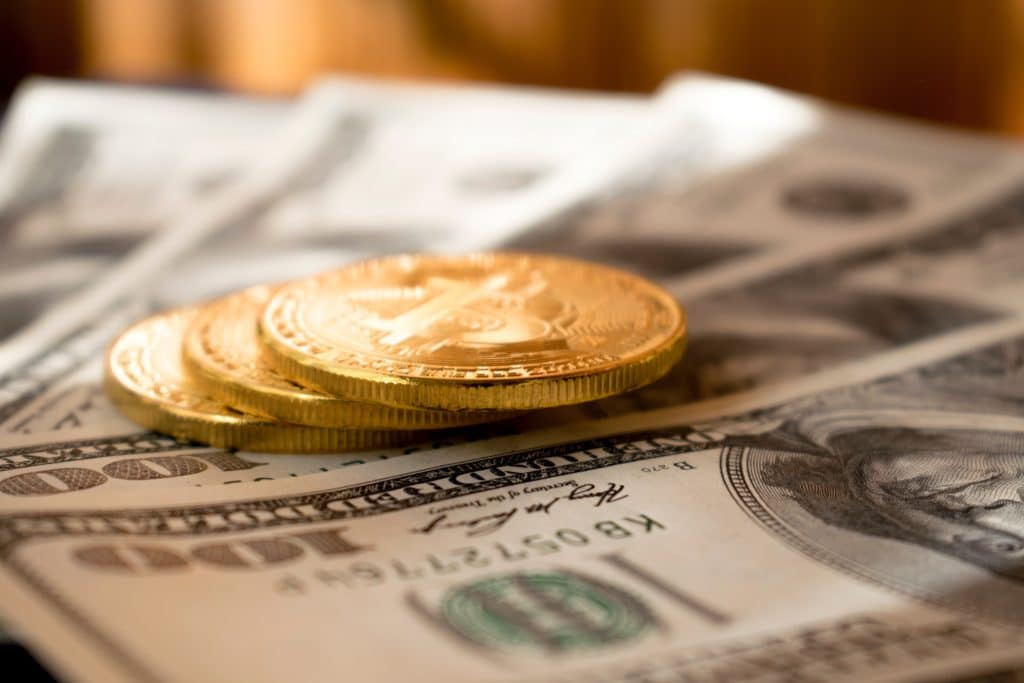Like all marketable goods and services, cannabis sales are subject to tax in California. But cannabis seems to have a tax rate that is disproportionate to other products. Why is cannabis taxed so highly in California? The cannabis industry in California has a unique tax structure that can be very confusing to consumers. Below we will break it down for you in the most straightforward way possible to alleviate some confusion.
How is cannabis taxed in California?
Cannabis in California gets taxed at three or four different stages, depending on local government, which creates a grand total of tax for the consumer.
Cultivation Tax
Cultivation tax is calculated using the weight of cannabis that is sold to the distributor by the cultivator. This tax rate varies based on the type of cannabis being sold, which could be the cannabis plant itself, the leaves, or the marijuana flower, with the tax rate increasing respectively. This level of taxation is imposed on the cultivator and collected by the distributor when the exchange between these two parties takes place.
Excise Tax
Excise tax is a type of business tax that is 15% of the market value of the cannabis sold in California. The excise tax is imposed on the consumer, but it is typically included in the price presented before purchase. However, some businesses can add this tax to the receipt upon purchase, depending on the seller’s relation to the supplier. All excise tax money goes to the state to be used for various state programs.
Sales Tax
We’re all familiar with sales tax as consumers of anything. We pay the tax on almost every purchase; new clothes, household products, cannabis, etc. All are subject to the same sales tax in any city. Sales tax is added to any cannabis purchase. Of course, tax is imposed on the consumer. However, in California, medical marijuana purchases are exempt from sales tax. Additionally, many dispensaries and delivery services try to stay competitive by offering deals to help lower the overall cost. Some cannabis sellers will even offer “No Tax Tuesday” deals.
Local Business Tax
Further taxes can be imposed on marijuana consumers based on the local government’s discretion. Most city governments in California have chosen to mandate a cannabis business tax; whether it be relatively low or very high depends on the city. And this tax is, of course, passed onto the consumer. Whatever percentage the city government has decided to tax cannabis sales is applied to the subtotal after the excise tax but before the sales tax.
How do the tax rates on cannabis vary locally?
Sales tax and local business tax can vary between cities and regions in California. For example, in San Francisco, cannabis businesses have a 5% business tax on top of the local sales tax of 8.625%. In comparison, cannabis businesses in Los Angeles are subject to 10% business tax with a 9.5% sales tax, the city of Fresno has a meager local business tax rate of 4%, with a sales tax of 8.35%. In comparison, San Diego has a higher local business tax rate of 8%, with a lower sales tax of 7.75%. California’s base sales tax rate is 7.25%, and it increases from there based on the local government. The local business tax imposed on cannabis businesses can range anywhere from 0% to 15%, but most cities fall somewhere in the middle.




